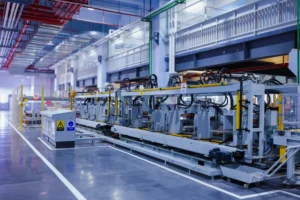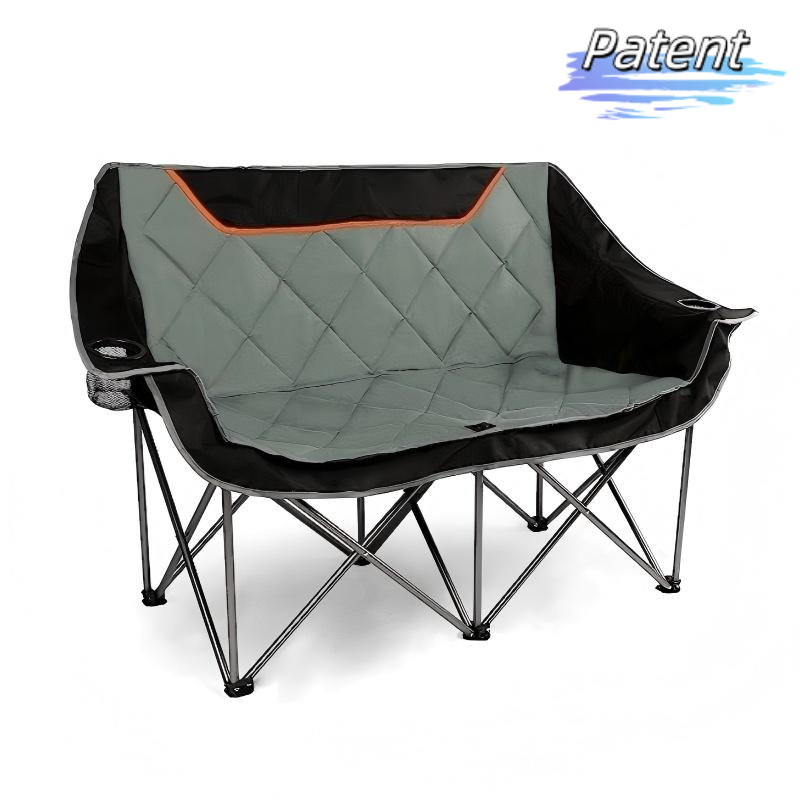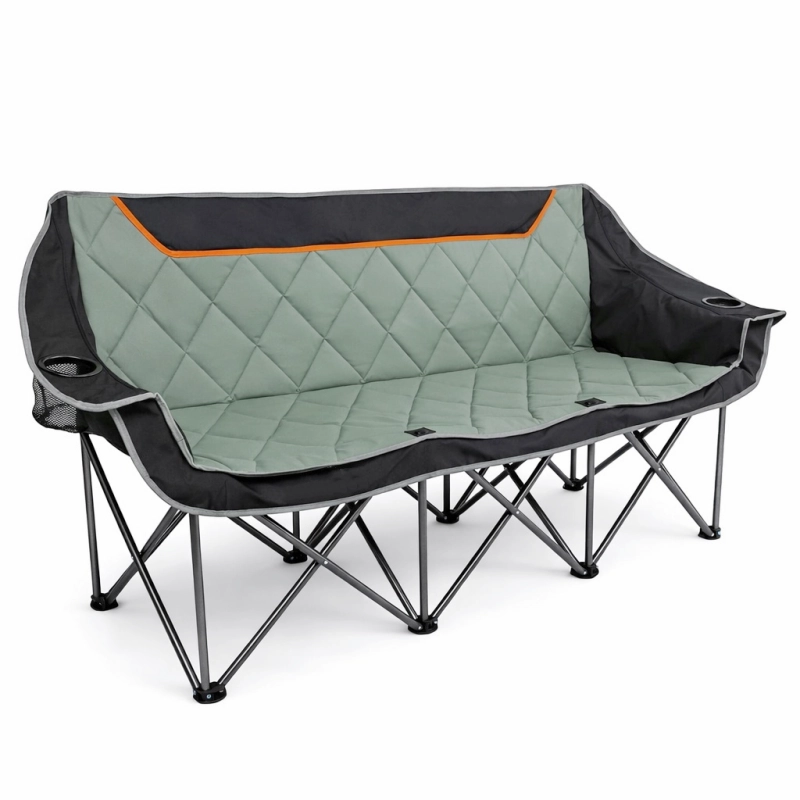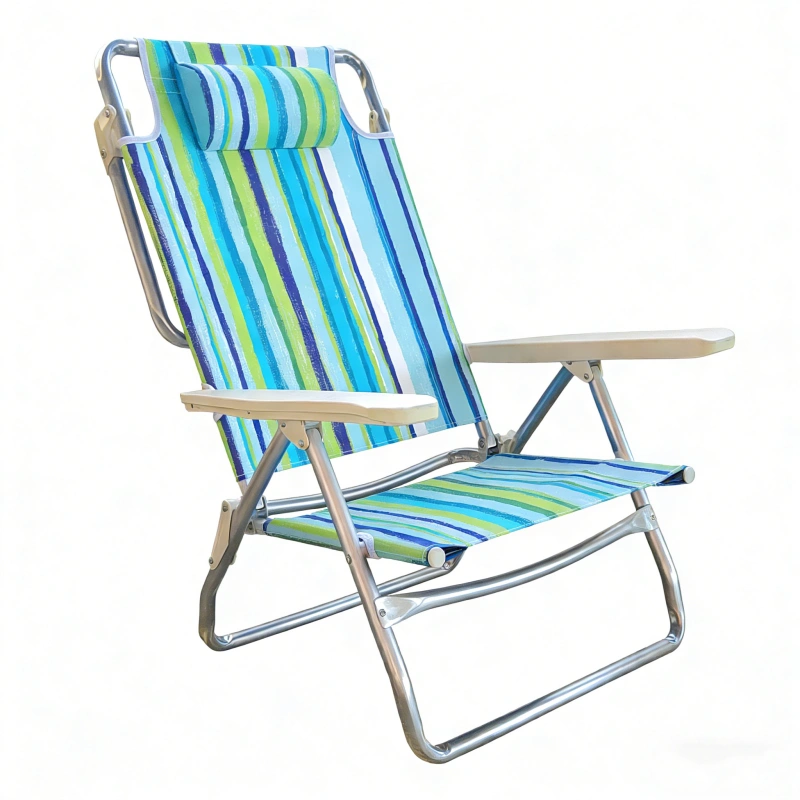Introduction: Technology Redefining Camping Table Manufacturing
In today’s competitive outdoor furniture market, technology plays a key role in driving innovation and efficiency. Camping table factories are adopting advanced machinery to meet the growing demand for lightweight, durable and customizable folding tables. For buyers, distributors and brand owners, working with a camping table factory that has automated production capabilities means faster delivery, consistent quality, and the flexibility to meet varying market needs.
Precision and Consistency: The Foundation of Quality Manufacturing
Reliable folding table manufacturing starts with precision engineering. Advanced tools like CNC cutting machines, laser tube processors and automated bending systems ensure that every component meets exact specifications. These technologies minimize human error, reduce waste and guarantee consistency across large production runs. Whether making 500 or 50,000 camping tables, automated equipment ensures that each unit is structurally sound, balanced and built to last—key qualities for B2B buyers who value reliability and brand reputation.
Surface Treatment and Durability Enhancement
Camping tables must endure harsh outdoor environments, such as sun, moisture and fluctuating temperatures. That’s why surface treatment technology is critical. Powder coating lines and anodizing systems are used to enhance corrosion resistance and improve lifespan. Powder-coated aluminum surfaces are particularly effective at resisting rust, scratches and wear, providing both durability and visual appeal.
Eco-friendly coatings are gaining popularity, cutting down on VOC emissions without sacrificing quality. For European buyers, sustainable production is increasingly important and factories with green surface treatments are better positioned in the market.
Efficiency in Assembly and Customization
One of the major advantages of advanced machinery is its ability to accommodate custom designs. Automated assembly lines, modular fixture systems and robotic welding allow factories to handle a range of customizations without slowing down production.
Buyers can request variations in height, size, folding mechanisms or frame color, and the production system can quickly adapt to these needs through programmable settings. This flexibility is especially useful for OEM and ODM projects, where small-batch production and brand-specific features are essential. Modern factories also use template design systems, allowing for quick prototyping and faster transitions from design to mass production.
Automated Quality Control and Testing
In a professional factory, quality assurance goes beyond manual inspection. Automated testing equipment is integrated at multiple stages of production to ensure high standards. This includes load-bearing tests for frames and durability checks for tabletops, all conducted using mechanical simulators that mimic real-world use.
Data from automated inspections ensures traceability, which allows continuous improvement. This level of precision and quality control builds trust with international buyers and minimizes post-sale issues, especially when meeting export standards for major markets like Europe, North America, and Asia-Pacific.
Smart Manufacturing and Sustainable Development
The next phase of production is driven by Industry 4.0 technologies. Smart manufacturing systems, which connect machinery with data analytics and supply chain management, are shaping a more efficient and adaptive production environment. AI-powered monitoring, energy-efficient robotic arms and digital simulations are optimizing production planning.
In parallel, there is a growing emphasis on sustainability. Factories are adopting recyclable materials, eco-friendly coatings and other green practices, aligning with global environmental and social responsibility (ESG) standards. Combining automation and sustainability helps factories deliver both high efficiency and environmental responsibility, which are increasingly important to modern buyers.
Why Advanced Machinery Matters to Global Buyers
For importers, wholesalers and brand owners, working with a camping table manufacturer that uses advanced technology provides multiple benefits:
- Shorter lead times due to automated production.
- Higher precision and consistent product quality.
- Cost efficiency from reduced material waste and streamlined workflows.
- Customization flexibility to cater to regional preferences.
- Sustainability assurance for eco-conscious markets.
In a world where reliability and scalability are key to supply chain success, selecting a camping table supplier with advanced production capabilities is a smart move. Factories equipped with CNC cutting, automated assembly and smart surface treatments are not just producing better camping tables—they are setting new standards for what it means to be a trusted B2B supplier in the global market.
Conclusion
Advanced machinery is transforming how camping tables are designed, produced, and delivered to buyers worldwide. From precision cutting to automated assembly and intelligent quality control, every step of production is moving toward greater efficiency and sustainability.
For B2B buyers, manufacturers like Fairwind represent the future of outdoor furniture production, where innovation and craftsmanship come together, ensuring every folding table is made with precision, performance and purpose.





